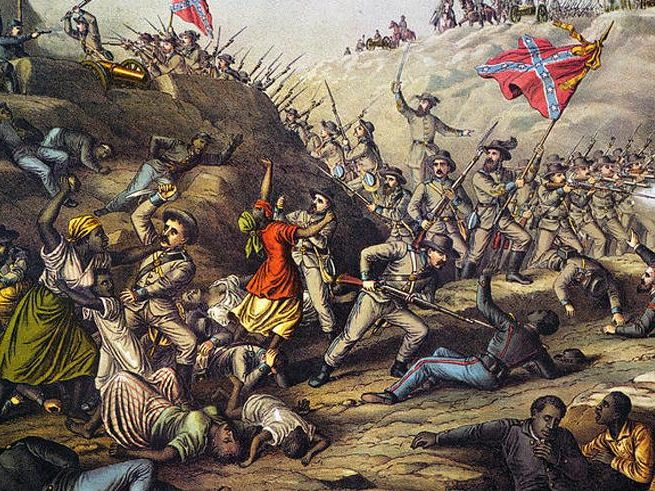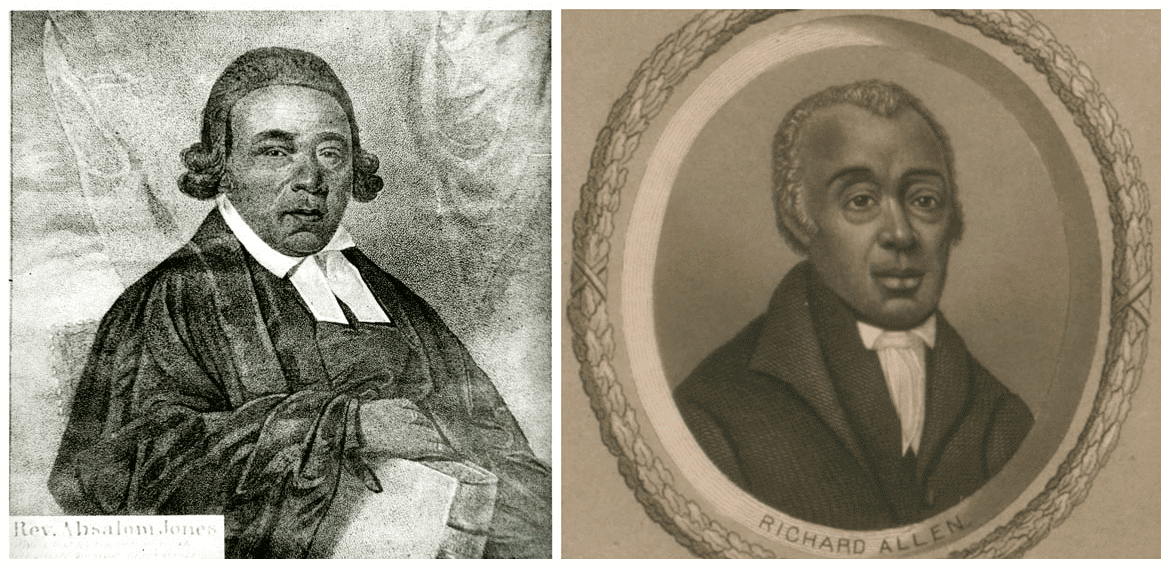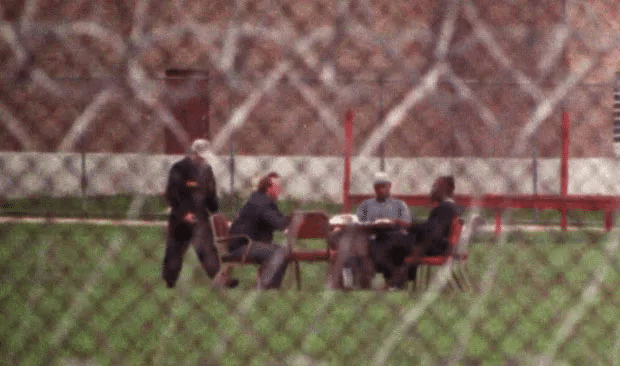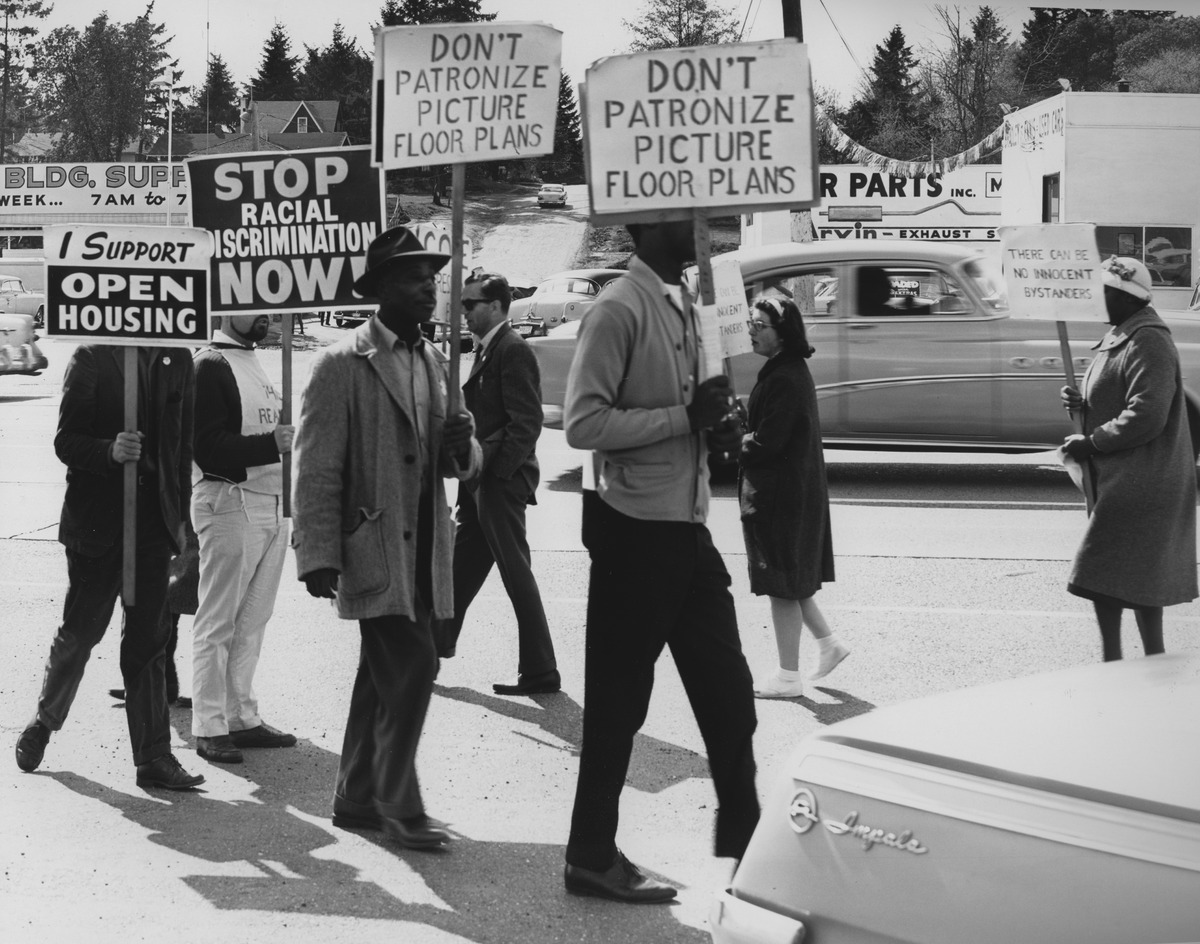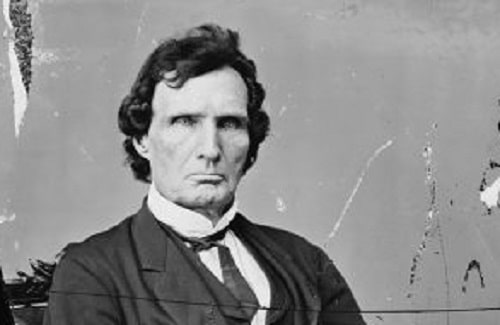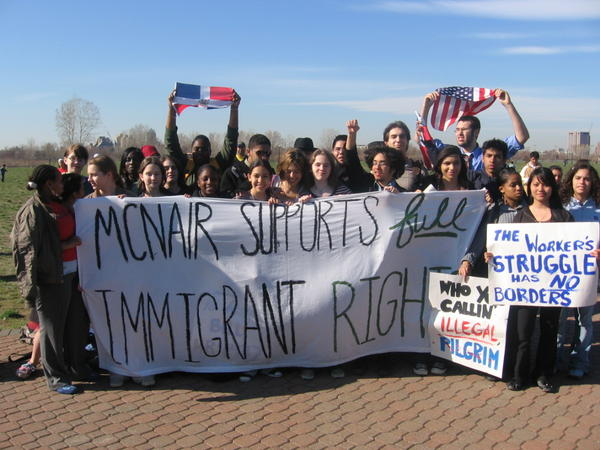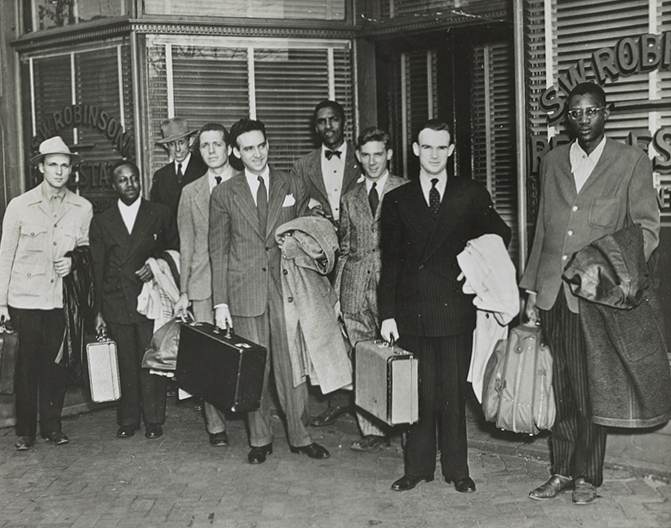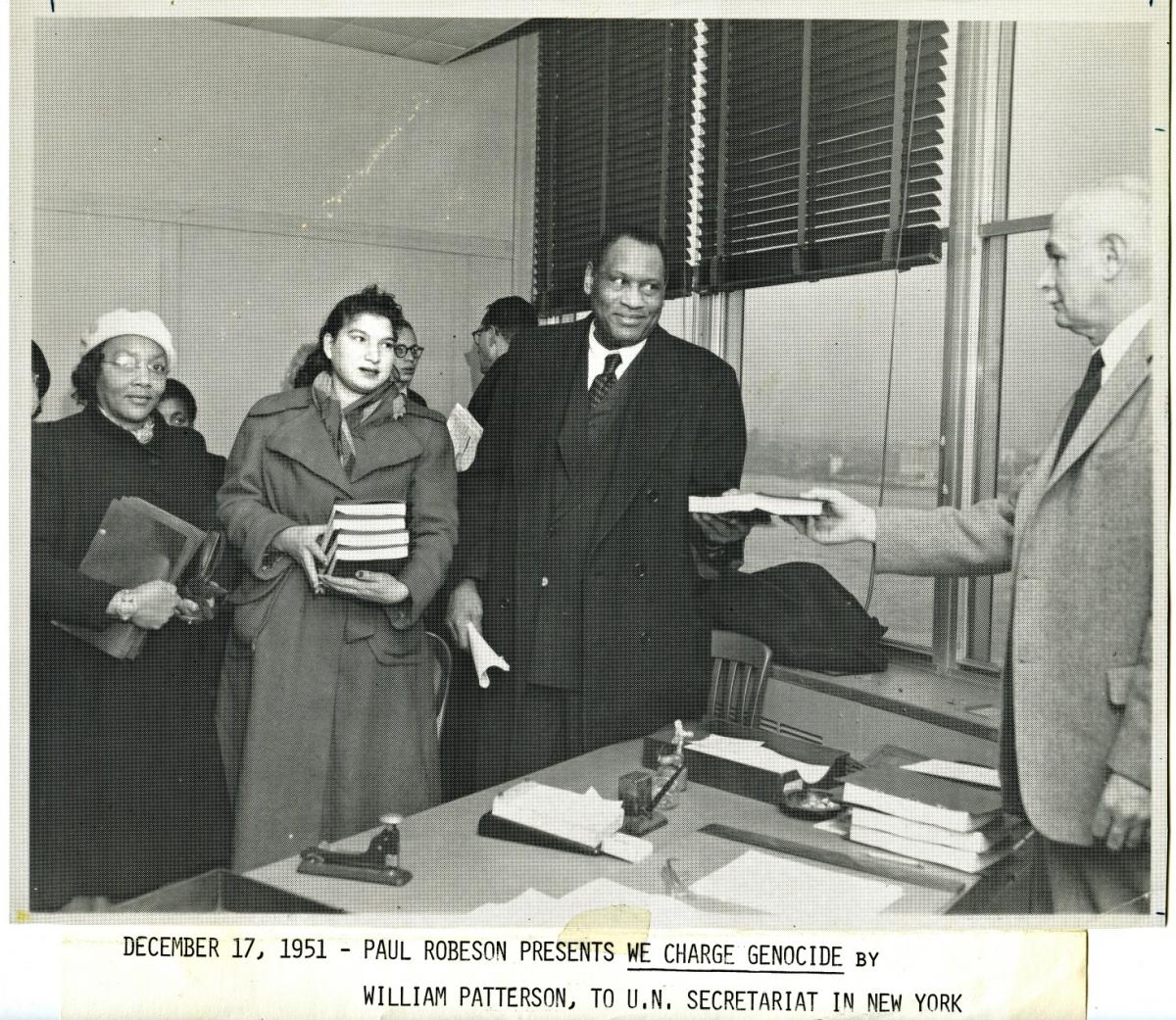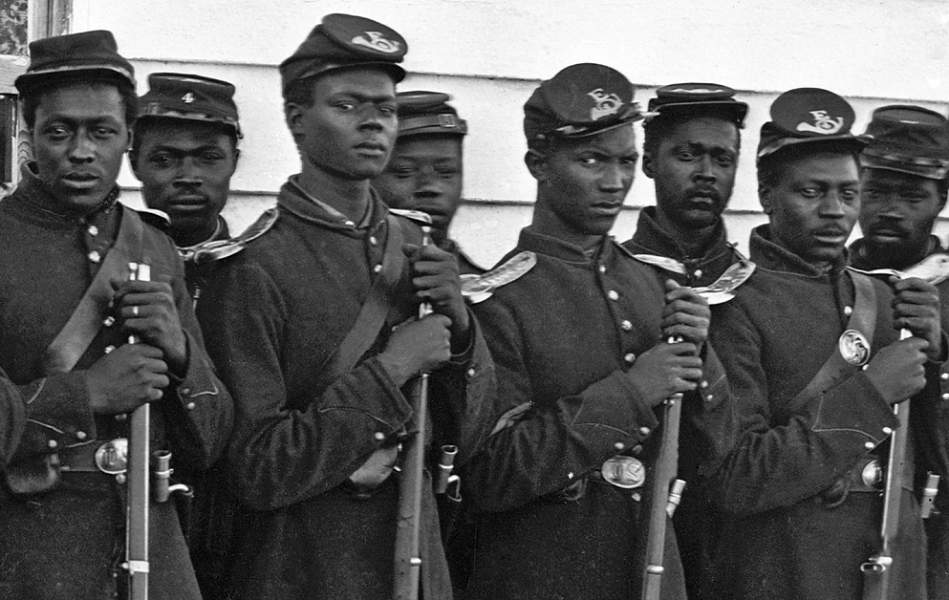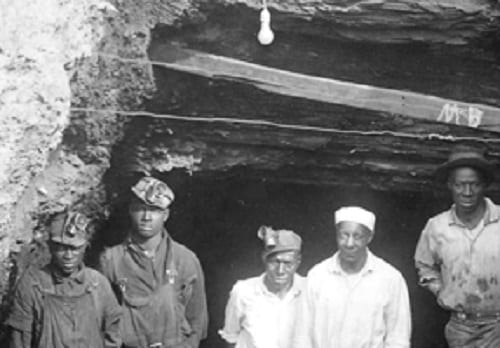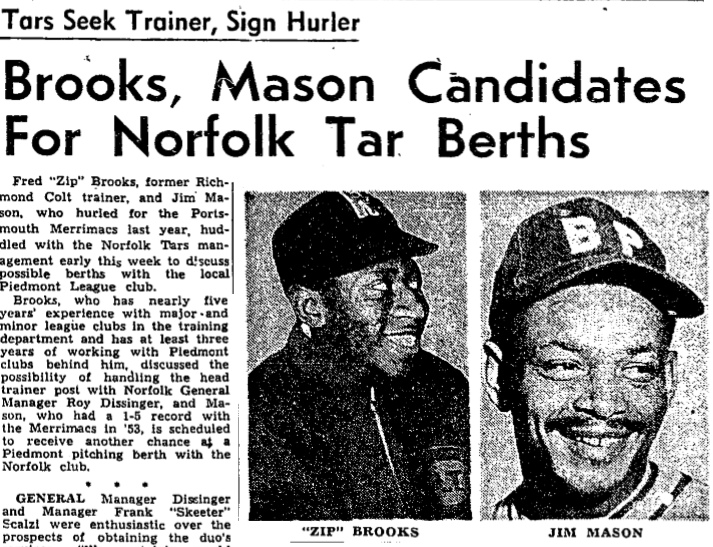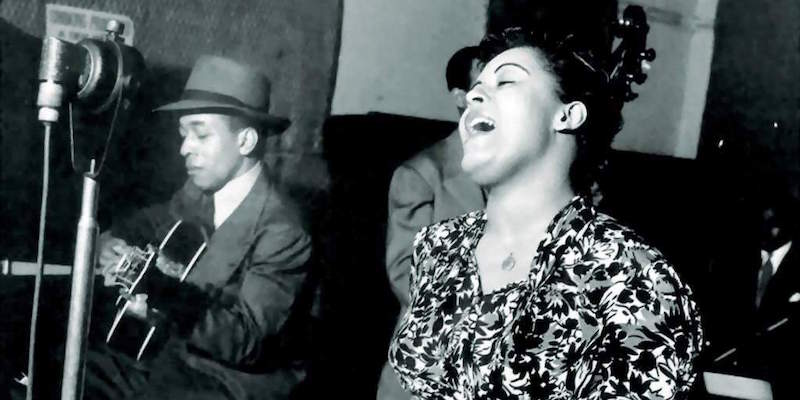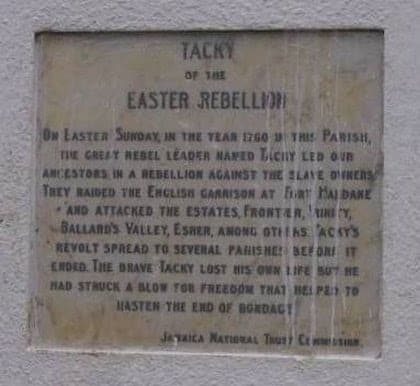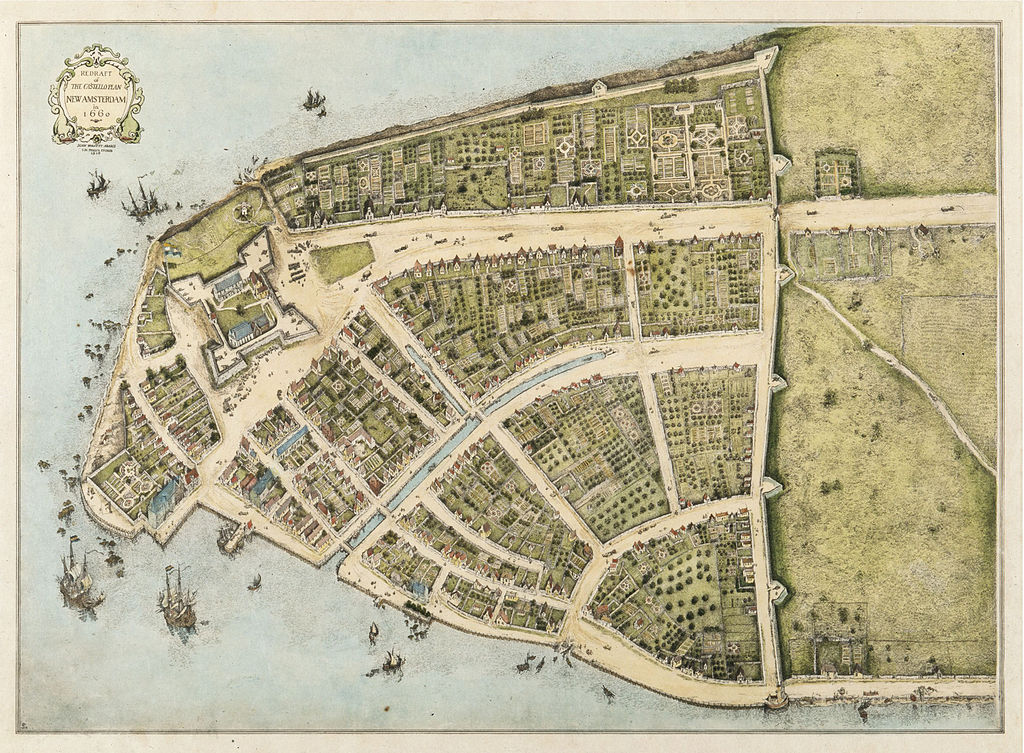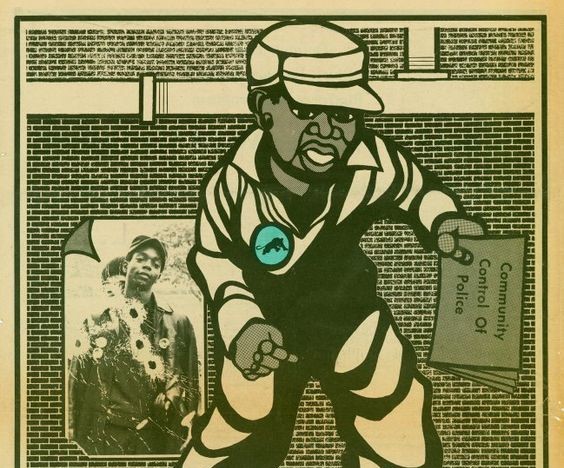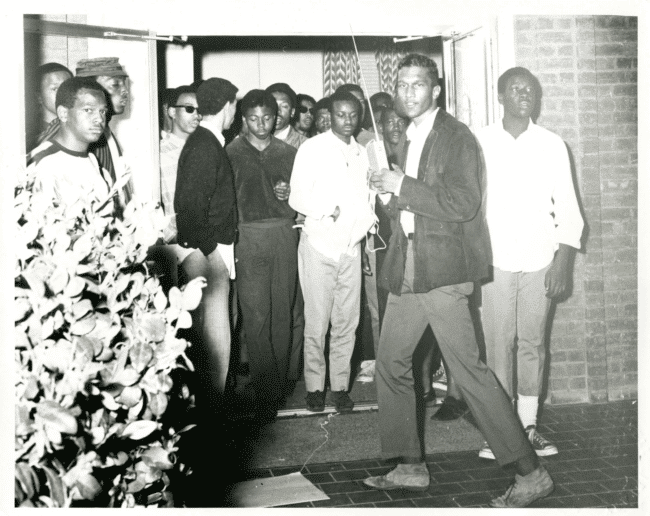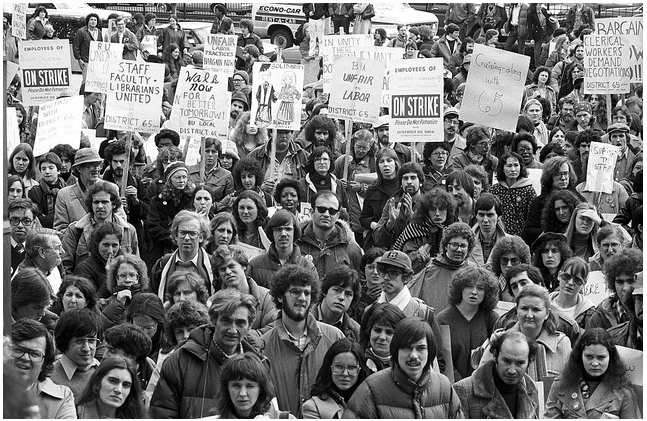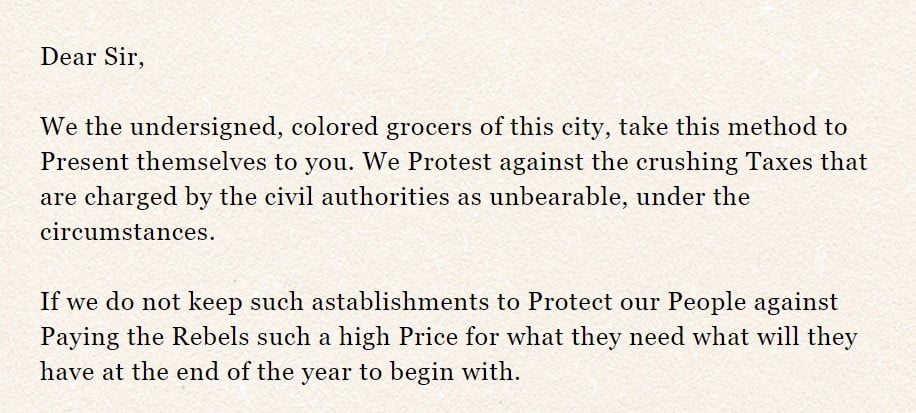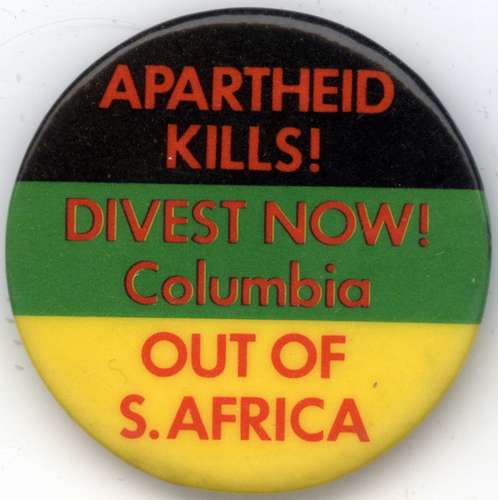Confederate troops massacred over 500 surrendering Union soldiers, majority African American, at the Civil War Battle of Fort Pillow.
Continue reading
The Free African Society was a benevolent organization grounded in Christian religious faith and operating outside denominational differences to serve the social needs of Black Philadelphians.
Continue reading
In one of the longest prison uprisings in U.S. history, incarcerated men at Ohio’s Lucasville prison launched an uprising that last for 11 days.
Continue reading
The 1968 Fair Housing Act was signed into law after years of struggle and grassroots organizing.
Continue reading
Thaddeus Stevens gave a speech in the Pennsylvania House of Representatives in defense of the Free Schools Act of 1834, which moved the state House to vote against repeal and the Senate to take another vote in support of free public schools.
Continue reading
During a Spring filled with pro-immigrant activism, on this day the largest number of people gathered in over 100 cities in the United States to protest new anti-immigrant legislation.
Continue reading
The first freedom ride, the Journey of Reconciliation, left Washington, D.C. to travel through four states of the upper South.
Continue reading
Paul Robeson was one of the most important figures of the 20th century. He was a “renaissance man” — an acclaimed athlete, actor, singer, cultural scholar, author, lawyer, and internationally-renowned political activist.
Continue reading
The U.S. Civil War ended when the Confederate Army of Northern Virginia surrendered to U.S. General Ulysses S. Grant at Appomattox Court House in south-central Virginia.
Continue reading
An explosion at the Banner Mine in Alabama killed 128 men, almost all of them African American prisoners of the state who were forced to work in the mine under the convict leasing system.
Continue reading
A successful boycott of the Norfolk Tars by Black sports fans leads the team to desegregate both the players and stadium seating.
Continue reading
Billie Holiday was a legendary jazz singer and songwriter. Also born today, Harry Hay and Daniel Ellsberg.
Continue reading
Following the publication of David Walker’s Appeal in 1829, this Virginia law prohibited the education of enslaved and free Black people, seeking to suppress potential uprisings. Several other states enacted similar bans at this time.
Continue reading
Inspired by the First Maroon War, a group of enslaved Ghanaian rebels in Jamaica sought to overthrow the British colonialists and create an independent Black nation on the island.
Continue reading
Twenty-four enslaved Africans launched a rebellion in Manhattan, New York.
Continue reading
Little Bobby Hutton (age 17) of the Black Panther Party was shot dead by the Oakland police.
Continue reading
The Tuskegee Student Uprising of 1968 was one of many instances when Black students fought to expand educational opportunities and create more equity on college campuses.
Continue reading
Boston University refused to approve negotiated contract, so the faculty union called a strike, with Howard Zinn as co-chair of strike committee. Other staff and librarians also went on strike that spring.
Continue reading
Robert Williams and other Black grocers wrote a letter to the Florida Freedmen’s Bureau calling for an end to high taxes levied against them to support former Confederates.
Continue reading
The successful 1985 student blockade of Hamilton Hall lasted for three weeks, as students demanded that Columbia University divest from corporations profiting from apartheid South Africa.
Continue reading


